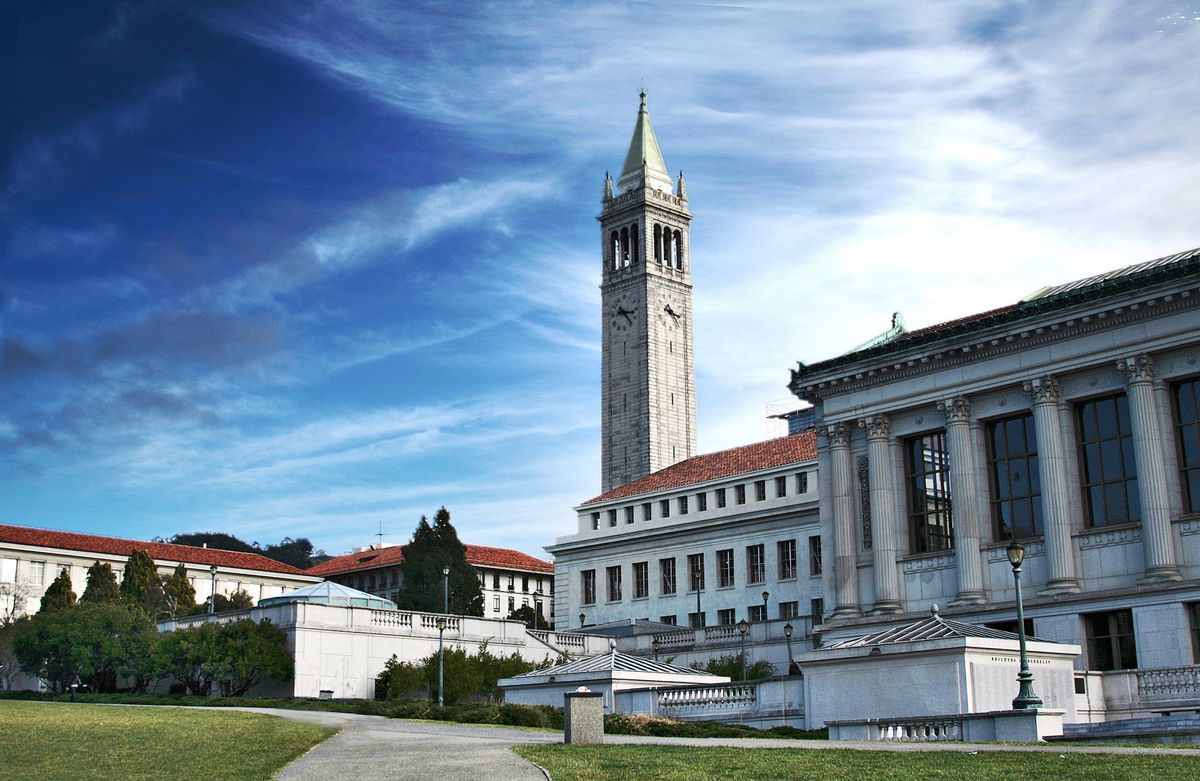Human remains and burial objects stripped from members of the Wiyot tribe who were slain during an 1860 massacre provoked by white colonists will be repatriated after a years-long debate between the tribe and the University of California, Berkeley.
Around 500 members of the Northern California tribe were killed during a week-long slaughter in February 1860, an event that became known as the Indian Island Massacre. Bones and more than 130 artefacts tied to the massacre were discovered in a mass grave in 1946 during the development of a jetty in Eureka, California, and later transferred to the university’s Hearst Museum of Anthropology.
Members of the Wiyot tribe began repatriation proceedings in 2016 in accordance with the Native American Graves Protection and Repatriation Act, a statute requiring federally-funded institutions to inventory their holdings of Indigenous human remains and burial objects to facilitate their return. But the university resisted for several years, citing lack of evidence.
In a statement released this week, the US Army Corps of Engineers of the San Francisco District, who were constructing the jetty where the Wiyot remains and objects were uncovered, wrote that “a cultural affiliation study conducted [...] found the human remains were likely to be lineal descendants of the Wiyot people, based on ethnographic, linguistic, osteological and archaeological data”.
The statement adds: “This repatriation is a benchmark [...] since, at the time of the excavation, neither party could clearly determine who owned the land where the remains were discovered. As a result, it was unclear who should conduct the repatriation. Rather than delay the process for years, and at the request of the tribe, the two parties conducted the repatriation jointly.”
There are around 650 members currently enrolled in the Wiyot tribe, whose ancestral lands encompass vast areas of the Humboldt Bay region, around 260 miles north of the Bay Area. The Wiyot suffered a drastic population decline after the 1860 massacre, which followed a public campaign by local settlers calling for the removal or extermination of the tribe.
UC Berkeley holds a collection of around 10,000 Indigenous human remains and burial objects, the largest number in the US, according to a 2020 state audit.
Along with the Wiyot repatriation, the university has recently taken other steps to correct its problematic past, including renaming the anthropology hall of the museum that once honoured the anthropologist and eugenicist Alfred Louis Kroeber, who led the collection of Indigenous bones and sacred objects in the early 1900s and exhibited the Indigenous man Ishi, thought to be the last member of the Yahi tribe.


